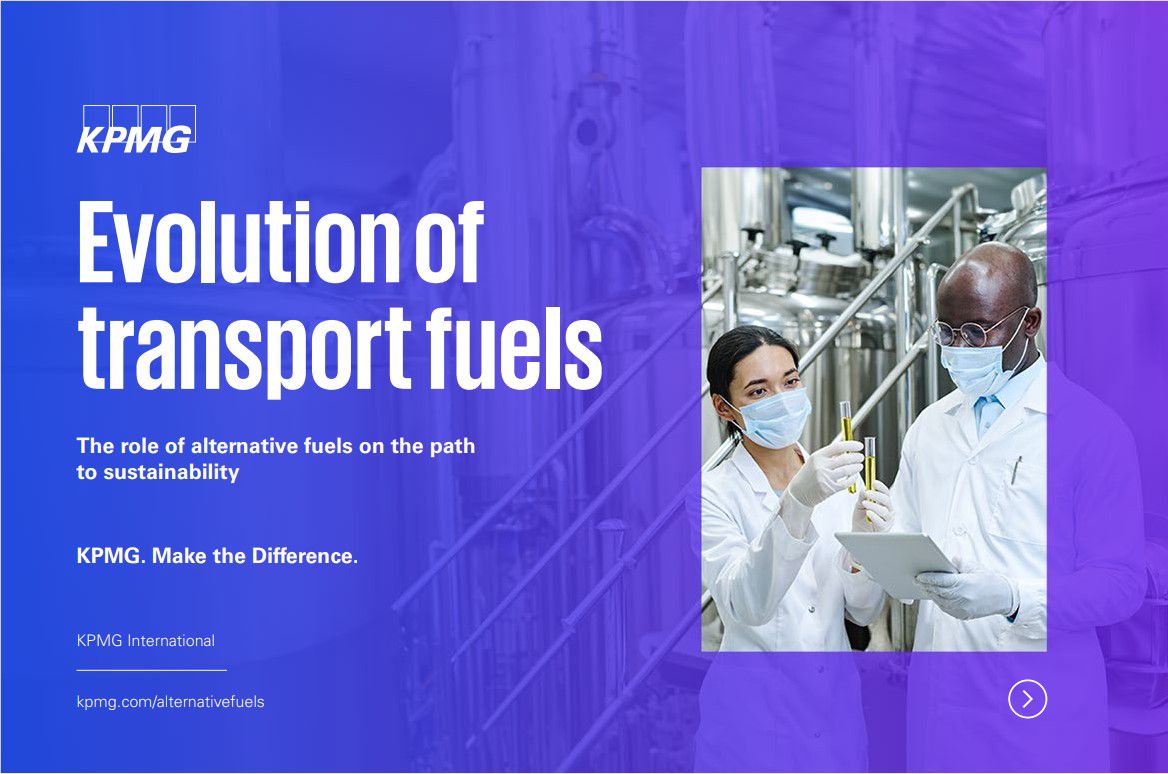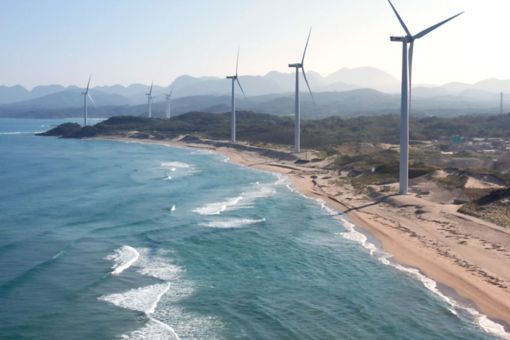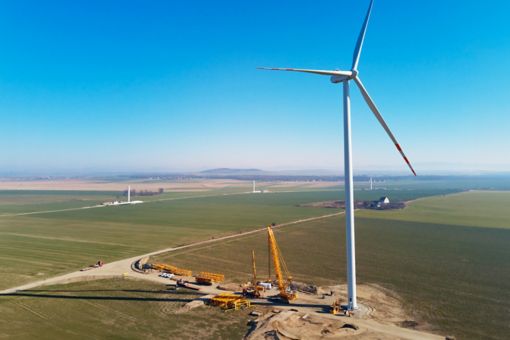With the global transport sector contributing approximately 15 percent of all greenhouse gas (GHG) emissions,1 and over 91 percent of its energy needs still met by gasoline and diesel,2 a transformative shift to alternative fuels has become an urgent necessity.
Even with progress in electrifying passenger cars, the transport sector remains heavily dependent on conventional fuels. The shift to alternative fuels faces several obstacles: differing levels of technology readiness, inadequate infrastructure, higher costs than traditional fuels, and regulatory and market uncertainties. Nevertheless, a variety of transitional and alternative fuel options such as natural gas, biofuels, and synthetic fuels are available. Organizations that embrace these fuels early can benefit from first-mover advantages, government incentives, and improved sustainability profiles.
The detailed KPMG report, “Evolution of transport fuels: The role of alternative fuels on the path to sustainability”, provides valuable insights and strategic recommendations to help navigate this complex process. The report analyzes the readiness and potential of various alternative fuels, such as biofuels, natural gas, methanol, DME and synthetic fuels, for hard-to-electrify sectors like aviation, maritime shipping and road transportation (including long-haul trucking and inter-city buses).
While alternative fuels are all expected to play a significant role in the future of commercial and public transportation, they also present several challenges to adoption, many of which cannot easily be resolved. Understanding the readiness of each alternative fuel should help organizations make appropriate choices on their way to decarbonization. These fuels can enable reductions in emissions and give them time to build out infrastructure and adapt to market conditions for future sustainable fuels.
Explore the alternative fuels readiness factors
Related content
Connect with us
Connect with us
- Find office locations kpmg.findOfficeLocations
- kpmg.emailUs
- Social media @ KPMG kpmg.socialMedia
1 EDGAR — Emissions Database for Global Atmospheric Research, "CO2 emissions of all world countries" (2022)
2 International Energy Agency (IEA) website, "Transport" (May 16, 2024)





